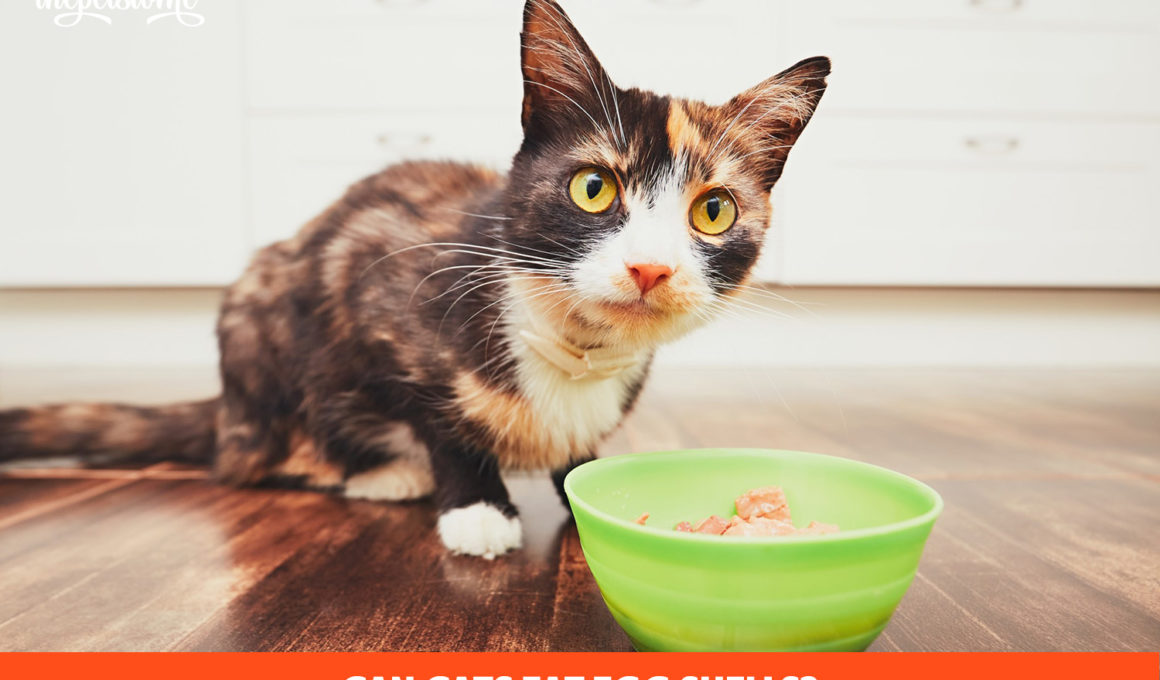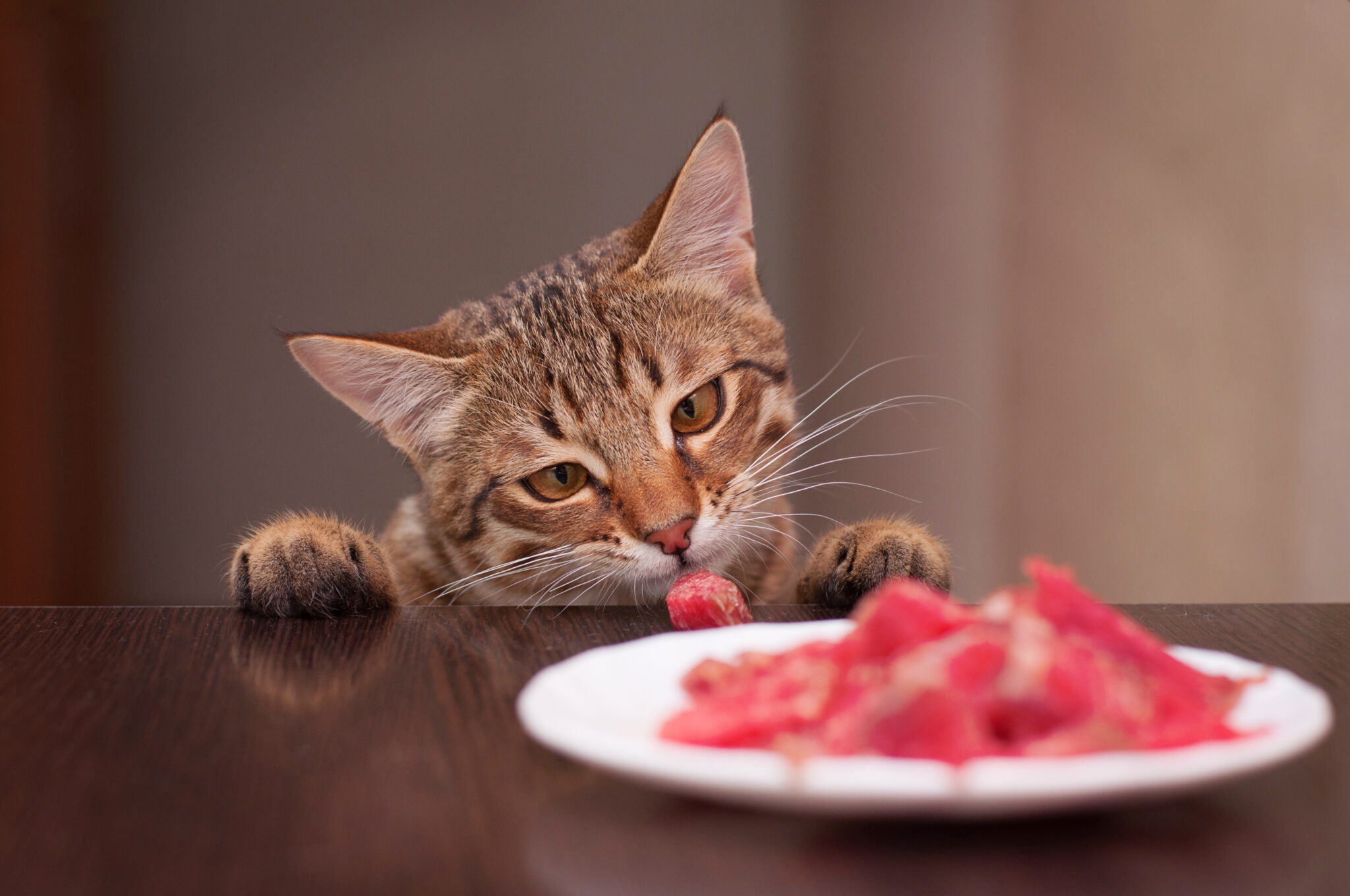Are you a cat owner who loves to experiment with different types of food for your furry friend? If so, you might be wondering if cats can eat venison. Venison, which refers to the meat of deer, is a popular choice for many meat lovers. But is it safe and healthy for cats to consume? In this article, we will explore whether cats can eat venison and provide you with all the information you need to make an informed decision about feeding this meat to your feline companion.

Can Cats Safely Consume Venison?
Cats are obligate carnivores, which means their bodies are designed to thrive on a diet primarily consisting of meat. While cats can eat a variety of meats, including chicken, turkey, and beef, it’s important to consider the specific nutritional needs of your feline friend before introducing new types of meat into their diet.
Venison, being a lean and protein-rich meat, can be a suitable addition to your cat’s diet. However, there are a few factors to consider before feeding venison to your cat.
Nutritional Benefits of Venison for Cats
Venison is a great source of high-quality protein, which is essential for your cat’s overall health and wellbeing. It contains essential amino acids that help support muscle growth and repair. Additionally, venison is low in fat, making it a suitable choice for cats that require a leaner diet.
Furthermore, venison is rich in vitamins and minerals such as iron, zinc, and B vitamins. These nutrients play a crucial role in maintaining your cat’s immune system, promoting healthy skin and coat, and supporting proper digestion.
Potential Risks and Precautions
While venison can offer several nutritional benefits to cats, it’s important to exercise caution when introducing this meat into their diet. Here are a few potential risks and precautions to keep in mind:
-
Allergies: Some cats may be allergic to venison, just like any other type of meat. It’s essential to monitor your cat for any signs of allergic reactions, such as itching, vomiting, or diarrhea, after consuming venison.
-
Raw vs. Cooked: Raw venison may contain harmful bacteria or parasites that can pose a risk to your cat’s health. It is recommended to cook venison thoroughly before feeding it to your cat to eliminate any potential pathogens.
-
Seasonings and Additives: Avoid seasoning or adding any spices, herbs, or additives to the venison when preparing it for your cat. Cats have sensitive digestive systems, and certain seasonings can be toxic to them.
-
Balanced Diet: While venison can be a healthy addition to your cat’s diet, it should not replace a balanced and complete cat food. Ensure that venison is offered as a treat or supplement to their regular diet, rather than the sole source of nutrition.
How to Introduce Venison to Your Cat
If you decide to introduce venison to your cat’s diet, it’s important to do so gradually and in moderation. Follow these steps to ensure a smooth transition:
-
Consult Your Veterinarian: Before making any changes to your cat’s diet, it’s always a good idea to consult with your veterinarian. They can provide personalized advice based on your cat’s specific needs and health conditions.
-
Start with Small Portions: Begin by offering a small amount of cooked, plain venison to your cat. Monitor their reaction and observe for any signs of allergies or digestive issues.
-
Monitor Your Cat’s Health: Keep a close eye on your cat’s overall health, including their coat condition, energy levels, and litter box habits. If you notice any negative changes, discontinue feeding venison and consult your veterinarian.
-
Gradually Increase Quantity: If your cat tolerates venison well, you can gradually increase the portion size over time. However, remember to maintain a balanced diet by incorporating other protein sources and essential nutrients.
Conclusion
In conclusion, cats can safely consume venison as part of a balanced and varied diet. It offers several nutritional benefits, including high-quality protein and essential vitamins and minerals. However, it’s crucial to introduce venison gradually, monitor your cat’s reaction, and ensure it does not replace a complete and balanced cat food. If you have any concerns or questions about feeding venison to your cat, consult with your veterinarian for personalized advice.
FAQs
-
Can cats eat raw venison?
It is not recommended to feed cats raw venison due to the potential presence of harmful bacteria or parasites. Cooking venison thoroughly eliminates these risks and ensures the meat is safe for your cat to consume. -
Is venison suitable for cats with allergies?
While venison is considered a novel protein source and may be suitable for cats with certain allergies, it can still cause allergic reactions in some cats. Monitor your cat closely for any signs of allergies after introducing venison to their diet. -
Can I feed my cat venison every day?
Venison should not replace a balanced and complete cat food. It is best to offer venison as an occasional treat or supplement to your cat’s regular diet to ensure they receive all the necessary nutrients. -
Are there any seasonings or additives I should avoid when preparing venison for my cat?
Yes, it is important to avoid seasoning or adding any spices, herbs, or additives to the venison when preparing it for your cat. Cats have sensitive digestive systems, and certain seasonings can be toxic to them. -
What should I do if my cat shows signs of allergies or digestive issues after eating venison?
If your cat shows any signs of allergies or digestive issues after consuming venison, discontinue feeding it immediately and consult with your veterinarian. They can provide guidance and recommend suitable alternatives for your cat’s diet.

